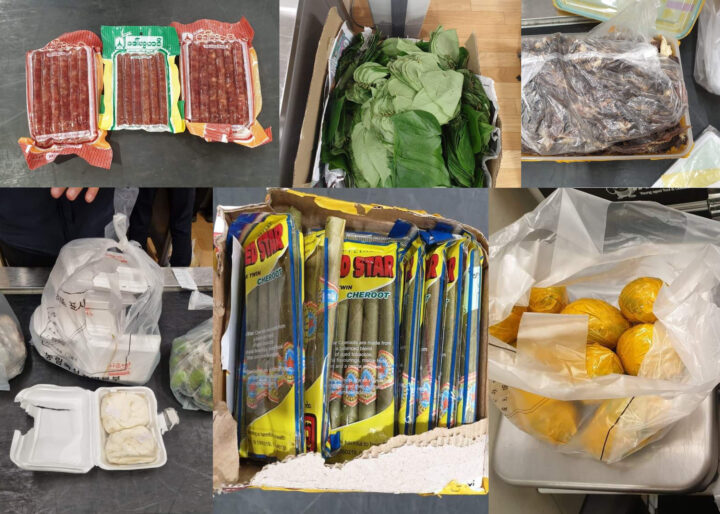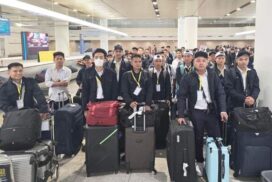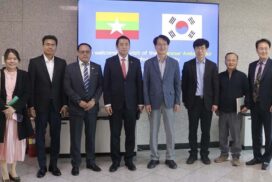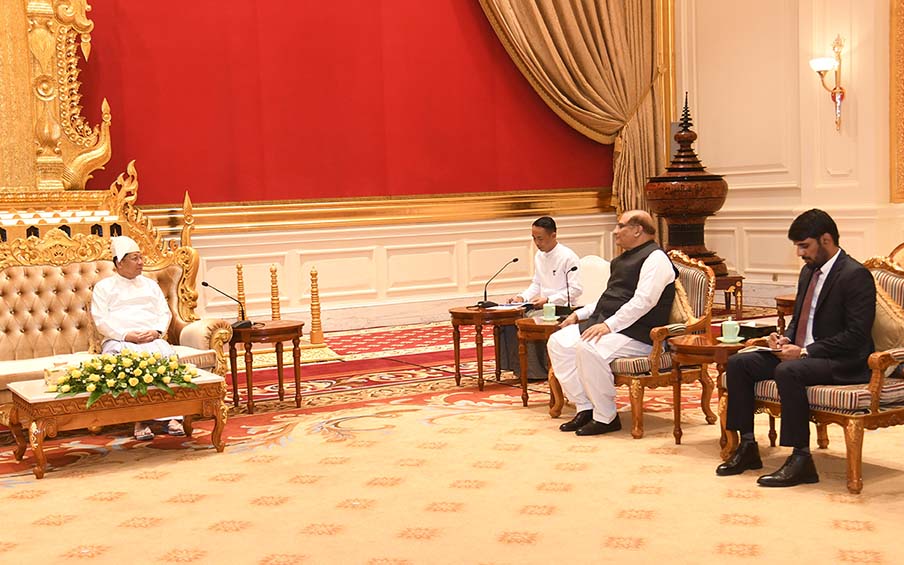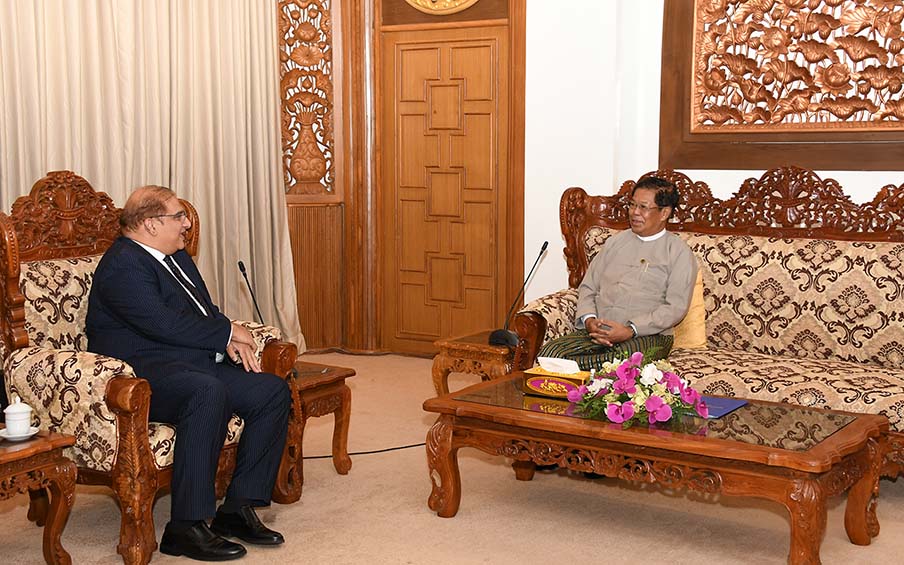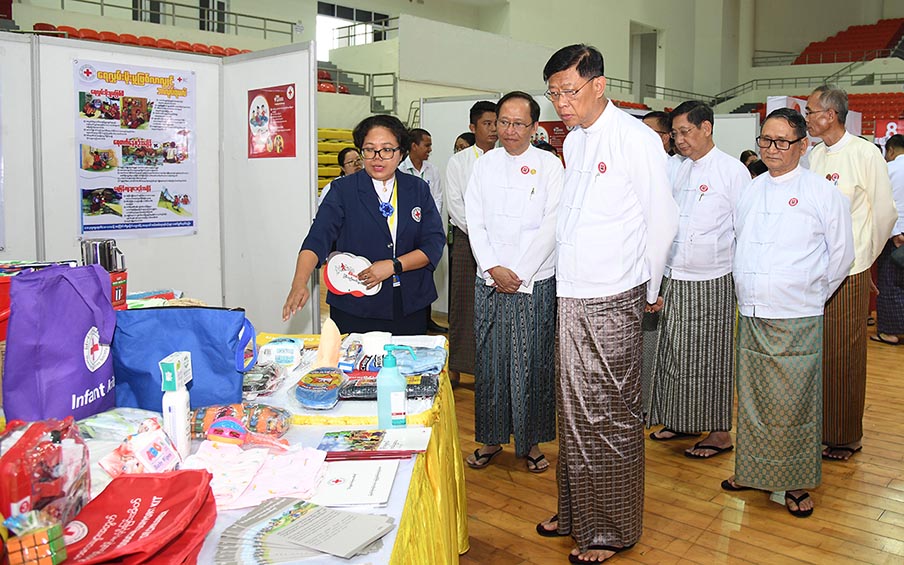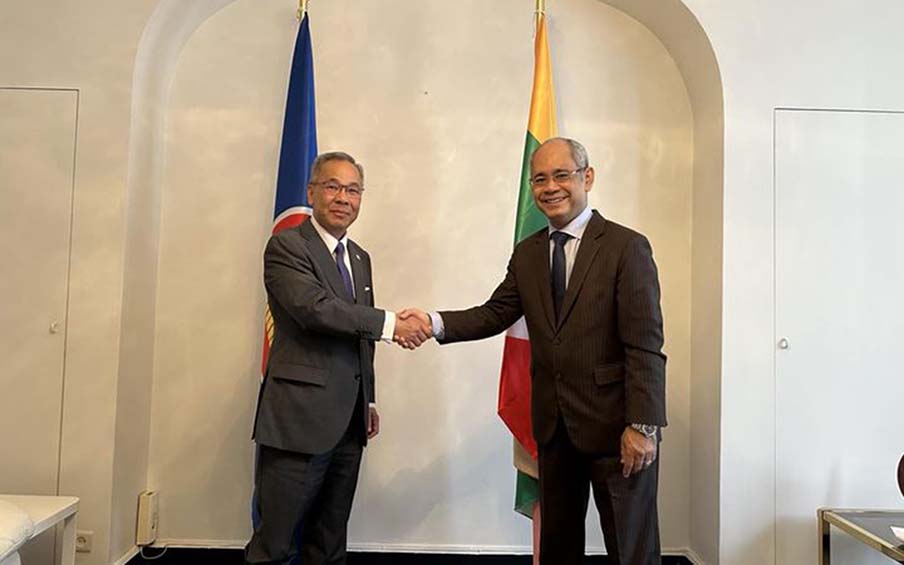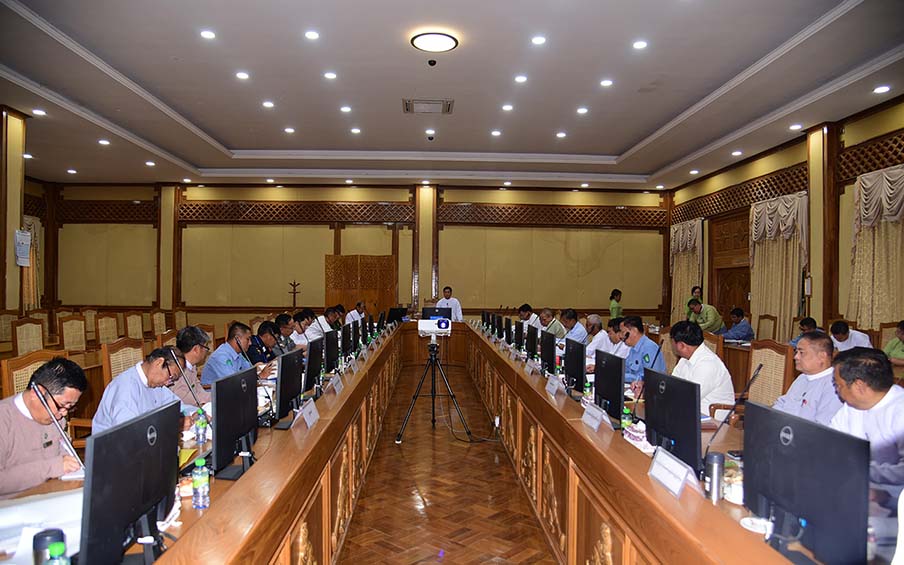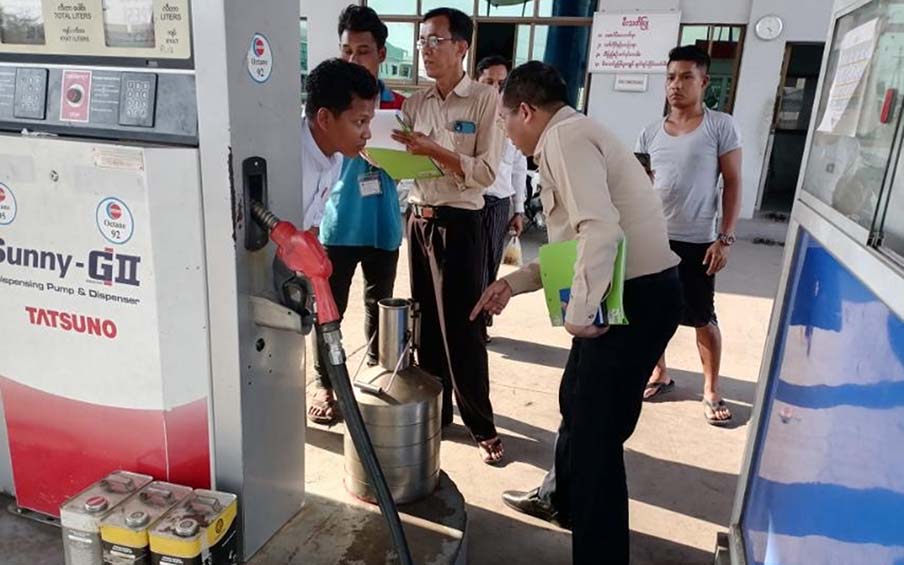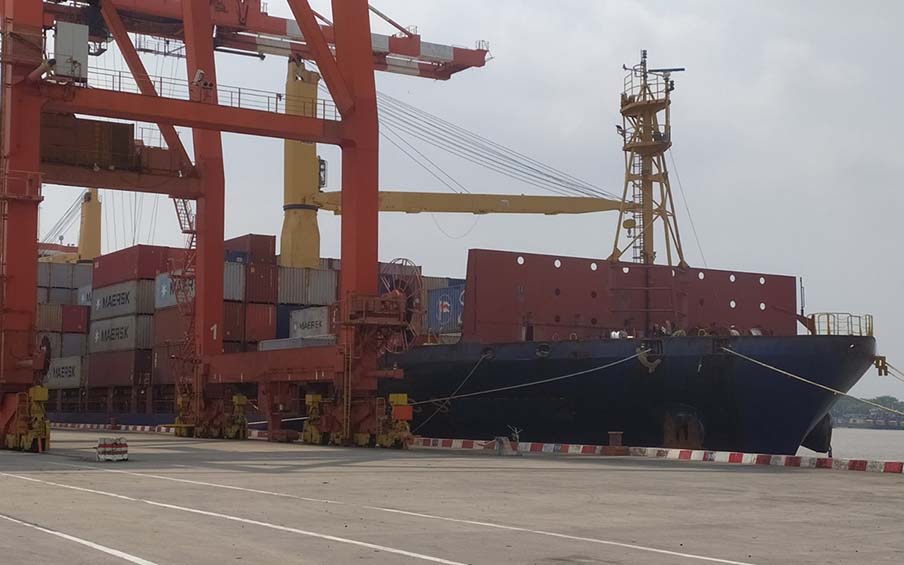For carrying items which are not allowed on flights, fine has been raised from 100.000 Korean won to 5 million won, that is why E-9 Myanmar workers who would go to South Korea will need to be aware of it and are warned not to carry, announced by EPS Centre in Myanmar.
The announcement states that E9 workers who would go to work in South Korea through HRDK (Myanmar EPS Centre) and POEA (labour employment agency) had been instructed in weekly pre-workplace training on Korean immigration officers at Incheon Airport, after having their baggages examined again at Incheon Airport whether prohibited items are carried or not.
Despite repeated reminding, agricultural products and foods that are restricted by that country are searched in every week at the airport, said the announcement.
However the airport officers seized items and fined 100,000 won to the maximum, Myanmar workers are found continuing to carry those items that are not allowed. That is why, fine has been extended to 5million won from 100,000 won.
In 16th TOPIK Test, 7th marking employment system which will be held in 2024, recruitment of Myanmar workers will be extended in the Republic of Korea’s service industry and both male and female are eligible to join the test.
MT/ZS

